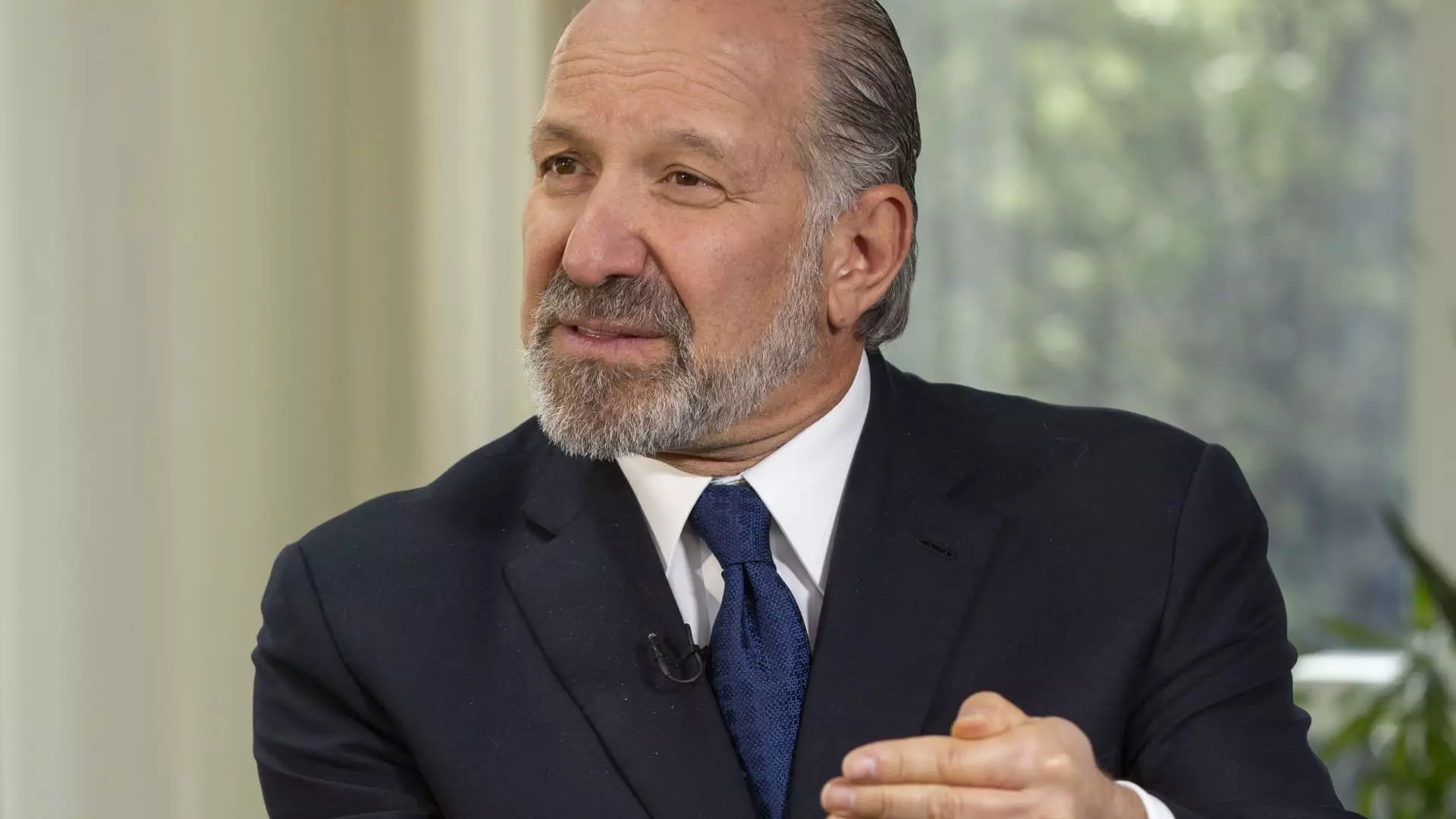The recent announcement by Commerce Secretary Howard Lutnick that August 1 marks a hard deadline for countries to begin paying tariffs to the United States reveals a troubling approach to international trade diplomacy. While the administration claims that talks can continue past this date, the stark message is clear: failure to comply immediately results in punitive tariffs. This tactic, however, risks alienating allies rather than encouraging constructive dialogue. It signals an unserious posture—an impatience rooted in an aggressive bargaining stance that ignores the complex realities of global economic interdependence. Countries in Latin America, Africa, and the Caribbean—often vulnerable economies—are left in limbo, unsure whether the U.S. truly seeks cooperation or simply dominance through economic pressure.
Blurring the Line Between Negotiation and Intimidation
President Trump’s initial tariff levies, announced with bombast and exclamations of strength, have devolved into a confusing patchwork of threats and deadlines. The changeability of policies, often communicated through provocative social media posts, positions the U.S. as an unpredictable partner rather than a reliable trading nation. The recent emphasis on setting baseline tariffs of around 10% for small nations, with the possibility of climbing to over 10%, exemplifies a pattern of coercion rather than collaboration. This approach undermines the long-term relationships vital for stable global trade and fosters resentment among trading partners who feel pressured rather than respected.
The Cost of a Confidence Crisis in Global Leadership
The administration’s heavy-handed tactics expose a fundamental flaw: prioritizing short-term leverage over sustainable diplomacy. By imposing tariffs that reach as high as 40% on some nations, the U.S. risks fueling retaliatory measures that could spiral into trade wars with far-reaching consequences. Such brinkmanship diminishes America’s credibility as a global leader and pushes partner countries to seek alliances outside U.S.-centric frameworks. This reckless pursuit of economic dominance not only isolates certain nations but also hampers America’s ability to shape equitable trade policies. It underscores a worrying trend where economic tariffs are wielded as weapons rather than tools for mutual growth.
A Critique of the Center-Left Perspective on Trade
From a centrist liberal viewpoint, the current tariff strategy is profoundly shortsighted. It neglects the importance of diplomatic finesse and the necessity of fostering cooperative international relationships. While protection of national interests is valid, it must not come at the expense of global stability or the goodwill of allies. Instead, rational, transparent negotiations rooted in mutual benefit should be prioritized. Implementing tariffs without sufficient diplomatic groundwork fosters division rather than progress. America’s strength lies not in unilateral ultimatums but in its ability to work collaboratively within the rules-based global order—an aspiration that current policies dangerously threaten.
The U.S. must recognize that tariffs are a double-edged sword: they may serve as leverage in the short term but can corrode the foundation of trust and cooperation that sustains global commerce in the long run. Instead of reckless deadlines and aggressive tariffs, a recalibration towards diplomacy and mutual respect is essential if the nation truly seeks to lead—and not merely dominate—on the world stage.

